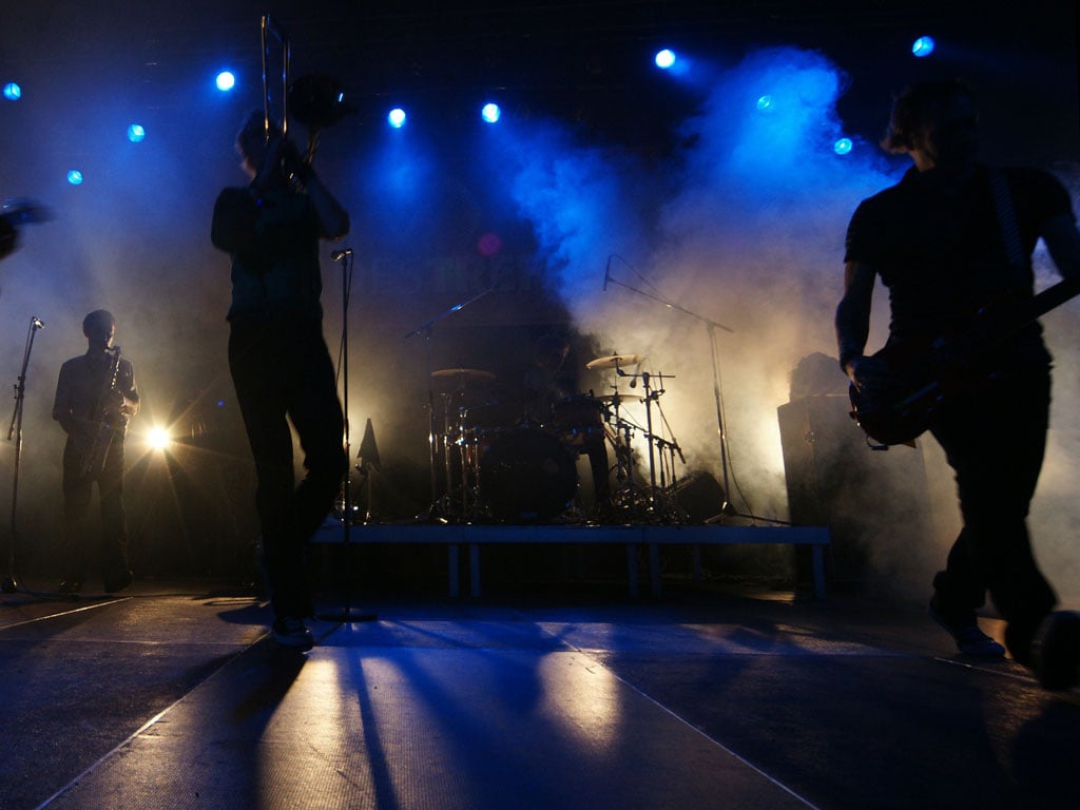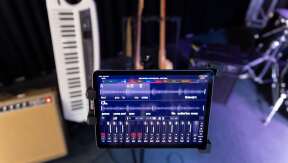What is an artistic residency?
The idea behind an artistic residency is a bit like a retreat: allocate space (in which all necessities are on hand) and time to your art with the sole objective of improvement. For example, it's possible to spend a week-long residency in a concert hall in order to work on your stage presence or your technical knowledge.
Why is it effective?
Artistic residencies are a good way to progress and to dedicate a specific place and time to analyze strengths and weaknesses in an effort to advance.
How to organise an artistic residency?
There are many effective ways to organize a residency, but it will depend primarily on your goals, your practice schedule and your budget.
Contact an association or organization for more information
There are many cultural organizations offering residencies to musicians on an application basis. Certain ones even offer studio recording sessions to accepted residents. Search for any relevant infrastructure and don’t hesitate to send them your demos. Nothing ventured, nothing gained, no?
Organize a residency by yourself
It can sometimes prove difficult to find the resources or the means to integrate into a residency. If you are venturing out on your own, an artistic residency can come with a hefty price tag. You are after all paying for the time and resources of the personnel, the establishment and the technicians (sound, light, etc.). Also, the needed time to make an artistic residency beneficial is nothing to balk at either (we recommend a week). But do not lose hope, with a bit of know-how and some of our hints, you can organize it for yourself! Follow our guide:
Find a place
This depends entirely on your budget. If a concert hall for a week is possible, and it can help, do it! But if not, choose a convenient place, or somewhere that you feel good. If you have a habit of practicing in your garage, look no further, your garage is the spot!
Take some time off
As stated above, the purpose of an artistic residency is to allocate time exclusively improvement. To avoid disappointments and scheduling problems, plan the dates well in advance. Should needs be, don’t hesitate to ask for a few days off in order to be fully invested!
Define objectives and areas of improvement
Just like a rehearsal session, the goals of a residency must be carefully thought out beforehand. Stage presence, cohesion, and even technical set up are areas that deserve time and resources.
Prepare your material
You will need to prepare all of the necessary equipment for the residency to run smoothly. Bring as many instruments as you can, record what you need and even have film equipment on hand in order to debrief your work.
Find a mentor and get feedback
It’s important to get an outside opinion of your work. A person that has an expertise in the axis that you are working on is an added plus! Open your address book, ask a close friend and be open to any constructive criticism that may help move you forward.



